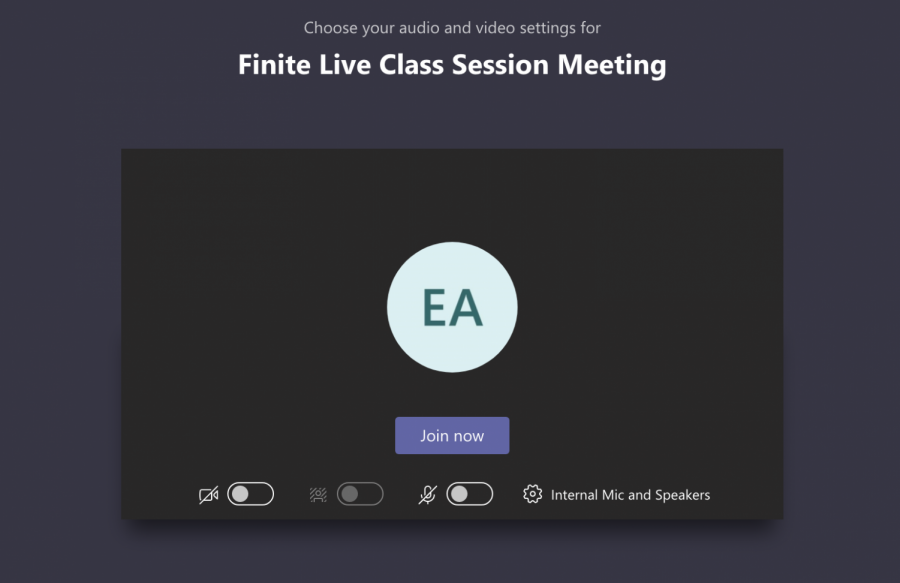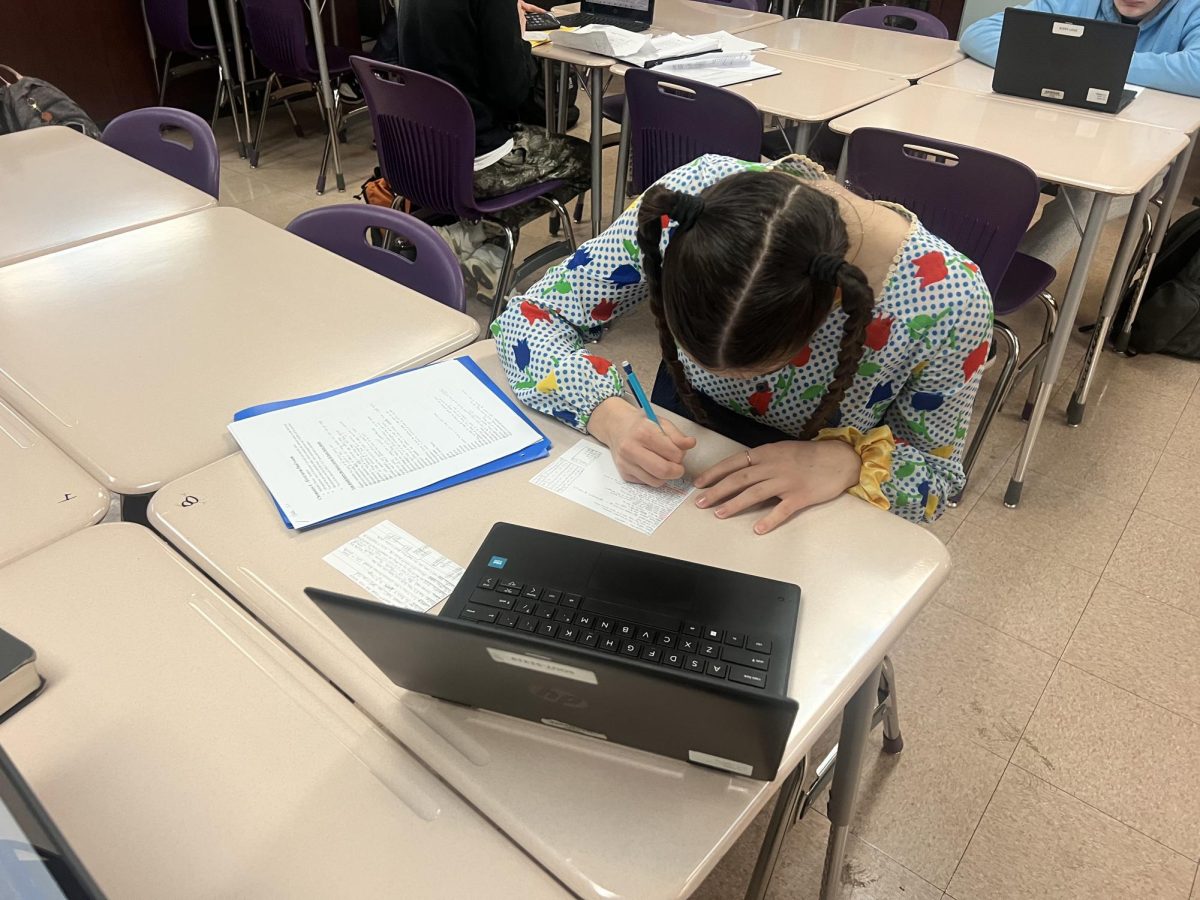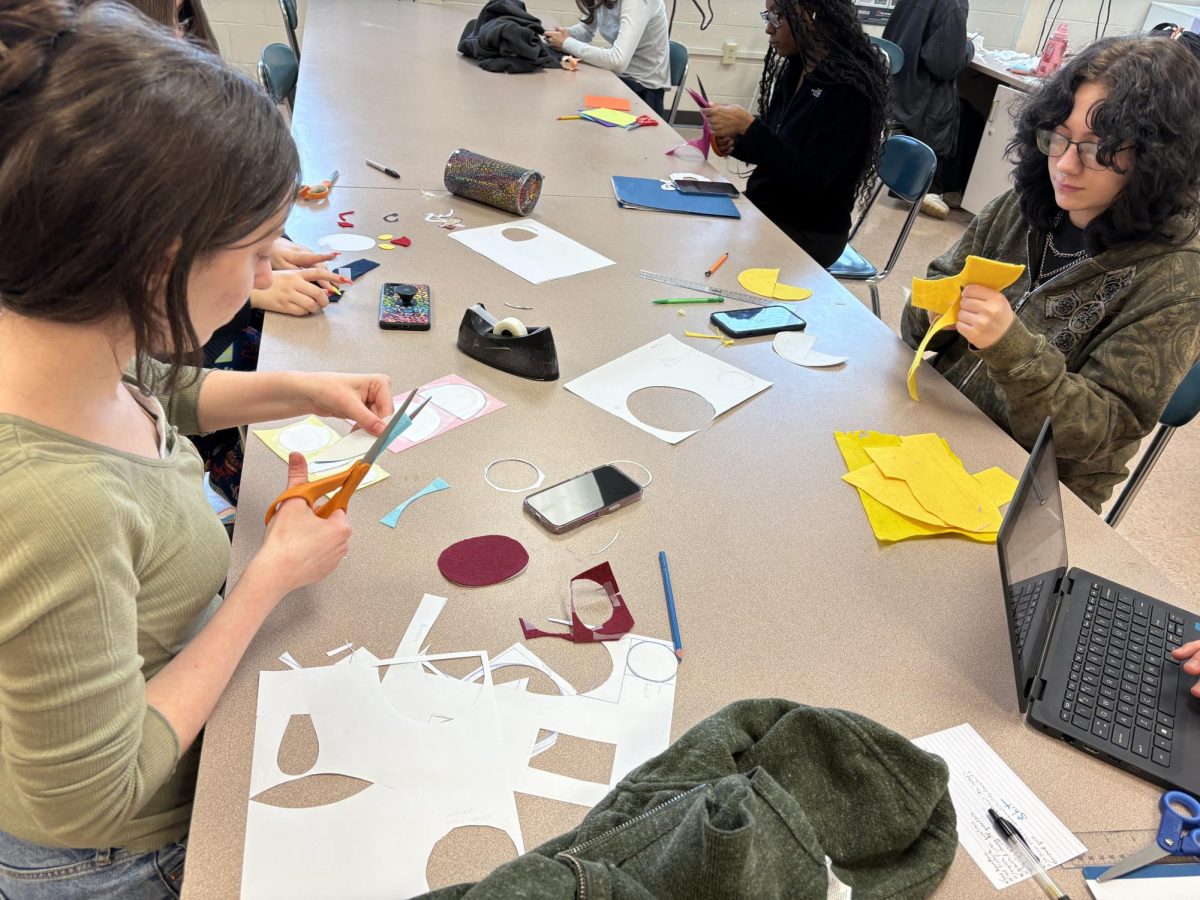On paper, this should be my most favorite, best year of school. Ever.
I’m doing school entirely online, which means that I do school on my own time. I can wake up when I want (don’t tell MCCSC). I choose when to do my assignments. I can go to class in pajamas and no one will ever know. Sounds perfect, right?
In reality, however, this is probably my least favorite, worst year of school. Ever.
I’m doing school entirely online, which means that I don’t get to see my friends or have any human interaction. It’s hard to fully absorb information that is being taught. And I doubt I’ll be prepared for my classes next year. So, not perfect at all.
And I’m sure I’m not alone. I’m sure plenty of the other students who are doing the year entirely online are feeling the same, because these are not problems specific to me, they are problems that would affect anyone who has to learn by spending at least six hours a day staring at a computer. And because these problems are so common, it does not make sense to continue offering online-only learning once it is not absolutely necessary.
Human interaction in general is a crucial part of development, and thus actual in-person interaction with teachers and classmates is a crucial part of school. Personal interaction helps build relationships and friendships, it helps students to know their teacher and teachers to know their students, and it helps establish connection within a school. Without that in-person interaction, students begin to lose touch with their peers and their teachers, they stop getting interaction necessary for development, and I know from personal experience, they start to go a little stir-crazy.
Additionally, online teaching and online learning does not stack up to in-person learning and teaching in the slightest. It is incredibly difficult to fully retain information that you teach to yourself, which is essentially what online learning is. No matter how many helpful powerpoint teachers make, no matter how many informational videos students watch, nothing will come close to actually learning in a physical classroom.
This lack of retention of information results in lack of preparation for future classes. If a student does not fully learn and understand the material of Algebra I, how can they be expected to go on and be successful in Pre-Calculus the following year? They cannot. Online learning is not fully preparing students for classes in the future, and while that may be alright for a year while the pandemic forces online learning to be a necessity, it will not be alright in future years when in-person learning is safe.
There will likely be a considerable push for online learning to remain an option in the future. Some students like it, some parents like it, and some people will say “now that schools and teachers and students have figured it out, why not continue?” Well, here’s the answer: because online learning eliminates crucial human interaction. Because it makes it hard to actually productively learn and retain information. Because it does not adequately prepare students for the future. For all of those reasons, online learning should not continue to be an option in the future. For now, we need online learning. When the pandemic is over, online learning should not be continued.




